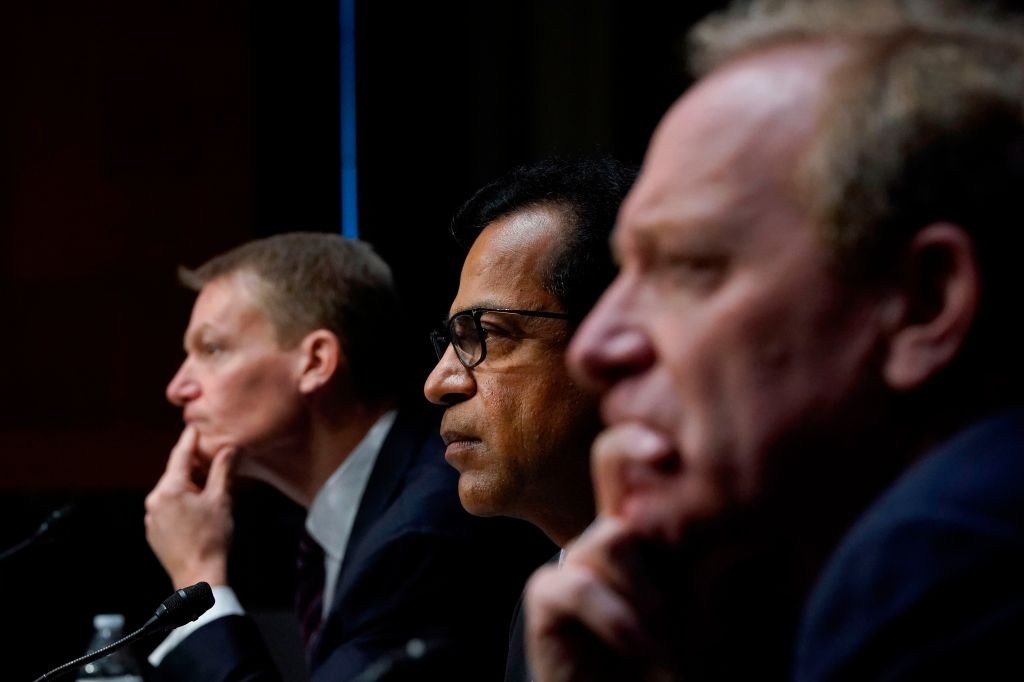On August 26, 2025, Microsoft’s Redmond, Washington headquarters experienced a significant disruption when activists from the group No Azure for Apartheid occupied the office of President Brad Smith. This protest is part of an ongoing campaign against Microsoft’s alleged involvement with the Israeli Defense Forces (IDF) through its Azure cloud services.
The Protest and Its Immediate Impact
The activists managed to infiltrate Building 34, where they entered Smith’s office, livestreaming their sit-in on Twitch. They displayed banners, chanted slogans such as Brad Smith, you can’t hide, you’re supporting genocide! and posted a mock legal summons accusing Smith of crimes against humanity. The occupation led to a temporary lockdown of the building. Redmond police were called to the scene and arrested seven individuals on charges including trespassing and obstruction. Among those arrested, two were identified as current Microsoft employees, and one was a former Google employee. ([techcrunch.com](https://techcrunch.com/2025/08/26/microsoft-headquarters-go-into-lockdown-after-activists-take-over-brad-smiths-office/?utm_source=openai))
Background of the Protests
The No Azure for Apartheid group, comprising current and former Microsoft employees, has been actively protesting the company’s business ties with the Israeli government and military. Their primary concern is that Microsoft’s Azure cloud platform is allegedly being used by the IDF for mass surveillance and military operations targeting Palestinians in Gaza and the West Bank. This protest follows a series of similar actions, including a demonstration on August 21, 2025, which resulted in 18 arrests. ([windowscentral.com](https://www.windowscentral.com/microsoft/microsoft-office/microsoft-protest-over-israel-ties-leads-to-18-arrests-at-redmond-campus-police-say-protesters-became-aggressive?utm_source=openai))
Allegations Against Microsoft
The protests were intensified by a report from The Guardian, which claimed that the IDF utilized Microsoft’s Azure cloud platform to store and process data obtained through mass surveillance of Palestinians. This data reportedly includes phone call information, which can be cross-referenced with Israel’s AI-enabled systems to assist in selecting military targets. These allegations have raised significant ethical and human rights concerns regarding Microsoft’s involvement. ([apnews.com](https://apnews.com/article/8820200cec5996987d49fbb669322b22?utm_source=openai))
Microsoft’s Response
In response to these allegations, Microsoft has initiated an external legal review to investigate the claims. The company has stated that its terms of service prohibit the use of its technology for mass surveillance and military operations targeting civilians. President Brad Smith emphasized Microsoft’s commitment to upholding human rights standards and contractual terms of service globally. He acknowledged the human toll of the Middle East conflict and reiterated the company’s role in providing technology in a principled and ethical manner. ([geekwire.com](https://www.geekwire.com/2025/microsoft-president-brad-smith-reclaims-his-office-to-address-infiltration-protests-and-israeli-contracts/?utm_source=openai))
Escalation of Protests
The occupation of Smith’s office is the latest in a series of escalating protests by the No Azure for Apartheid group. Previous actions include disrupting company events and establishing a Liberated Zone on campus. The group’s demands are clear: they want Microsoft to sever ties with Israel, pay reparations to Palestinians, and end workplace discrimination. These protests have led to multiple arrests and terminations of employees involved in the disruptions. ([apnews.com](https://apnews.com/article/49a0dd5905a1cf16eb3e19a98ca17d50?utm_source=openai))
Security Measures and Legal Actions
In light of the recent protests, Microsoft has been working with the Federal Bureau of Investigation (FBI) and local law enforcement to monitor and manage demonstrations. The company has also adapted its security protocols to prevent unauthorized access to its facilities. President Smith noted that the company respects the freedom of expression but emphasized the importance of maintaining a safe and secure workplace. ([geekwire.com](https://www.geekwire.com/2025/microsoft-president-brad-smith-reclaims-his-office-to-address-infiltration-protests-and-israeli-contracts/?utm_source=openai))
Broader Implications
The protests at Microsoft reflect a growing trend of tech employees advocating for ethical considerations in their companies’ business dealings. Similar actions have been observed at other tech giants, such as Google, where employees protested against contracts with the Israeli government. These movements highlight the increasing pressure on technology companies to align their business practices with ethical standards and human rights considerations. ([techcrunch.com](https://techcrunch.com/2025/08/26/microsoft-headquarters-go-into-lockdown-after-activists-take-over-brad-smiths-office/?utm_source=openai))
Conclusion
The occupation of President Brad Smith’s office by activists underscores the ongoing tension between Microsoft’s business operations and the ethical concerns raised by its employees and the broader community. As the company continues its external legal review, the outcome may have significant implications for its future contracts and corporate policies. The situation also serves as a reminder of the complex interplay between technology, ethics, and global politics in today’s interconnected world.



